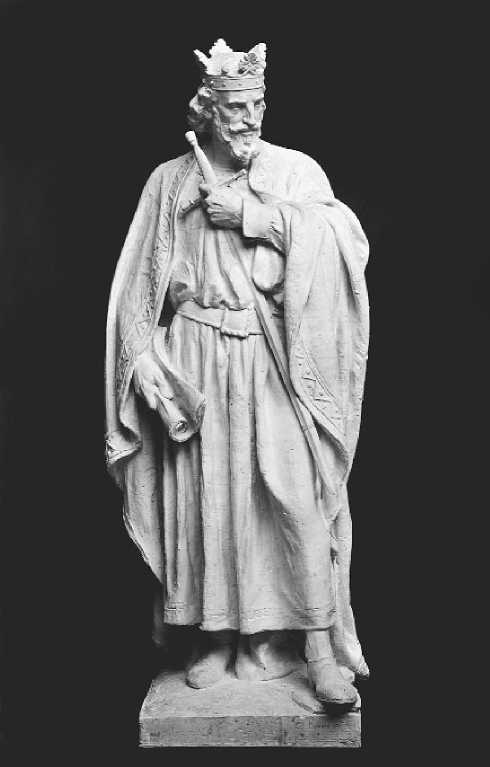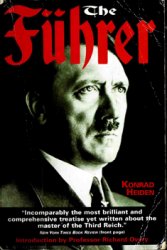King of England (1272-1307), son of King Henry III and Eleanor of Provence; the second and last English king to participate in a crusade to the East.
Henry III had repeatedly stated his intention to go on

Statue of Edward I, king of England (1272-1307). (Library of Congress) crusade, but it was his son (then known as “the Lord Edward”) who finally took the cross in 1268, the crusade being closely linked to the political settlement following the defeat of Simon of Montfort, earl of Leicester, and his partisans in 1265. The papal legate Ottobuono promoted the crusade as part of the peace process, although in fact Edward was to be accompanied largely by his own allies from the civil war period.
The expedition was intended to join the second crusade of Louis IX of France, whom Edward seems to have admired personally: the English were to join Louis at the port of Aigues Mortes in southern France for the departure of the main expedition. In the event, however, Edward’s fleet sailed after that of Louis. He arrived in Tunis in north Africa in the
Autumn of 1270, only to find that Louis had died and that his brother, Charles I of Anjou, had declared the crusade at an end. Edward wintered in Charles’s kingdom of Sicily, before sailing to Acre (mod. ‘Akko, Israel). Arriving in May 1271, he found the Christians of Outremer in a perilous position following Mamluk successes in the north. Edward lacked a sizeable army to stem the tide of Mamluk pressure, and agreed to an eleven-year truce with Sultan Baybars I on the advice of the local barons. He also built a tower at Acre and arranged for a garrison to defend it. Having survived an assassination attempt while in the East, Edward sailed for home in September 1272. He returned as king, his father having died in his absence.
Edward was never to go on crusade again, despite protestations otherwise. He angered the pope by appropriating a crusade tax in 1283 to pay for his war in Wales. He took the cross for a second time in 1287 and engaged in diplomacy to bring peace between Aragon and the Capetians to clear the way for a crusade. The planned expedition never took place. Edward gave little more than moral support to Otho of Grandson’s crusade of 1290, and subsequently his wars with Scotland and France diverted his attention from the East. Edward always maintained that his crusading intentions were sincere, but that his prior duty to God was the defense of his own kingdom, using crusade taxation to fund his wars. He reaffirmed his crusade vow in 1306, and made arrangements in his will for the maintenance of a force of crusading knights and for his heart to be buried in the Holy Land.
-Michael R. Evans
Bibliography
Hamilton, Bernard, “Eleanor of Castile and the Crusading Movement,” Mediterranean Historical Review 10 (1995), 92-103.
Lloyd, Simon, “The Lord Edward’s Crusade, 1270-72,” in War and Government in the Middle Ages: Essays in Honour of J.
O. Prestwich, ed. John Gillingham and J. C. Holt (Woodbridge, UK: Boydell, 1984), pp. 120-133.
Lloyd, Simon, English Society and the Crusade 1216-1307 (Oxford: Clarendon, 1988).
Prestwich, Michael, Edward I (London: Methuen, 1988).
Tyerman, Christopher, England and the Crusades (Chicago: Chicago University Press, 1988).




 World History
World History









